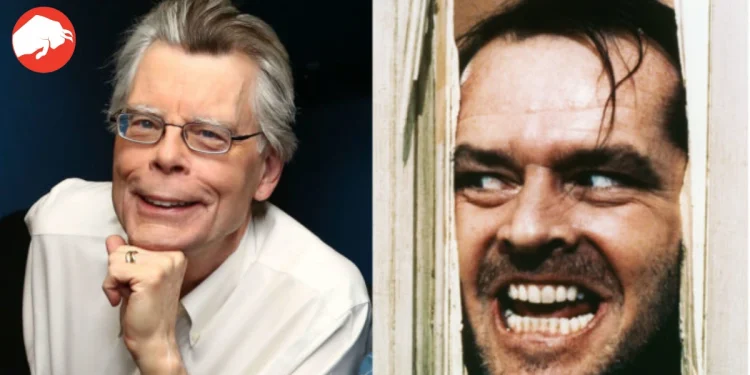In the vast sphere of film adaptations, few have sparked as much controversy and varied interpretations as Stanley Kubrick’s 1980 rendition of Stephen King’s ‘The Shining’. While the film is hailed as a masterpiece in horror cinema, it has also been the epicenter of countless debates and speculations, some of which are encapsulated in the 2012 documentary, ‘Room 237’. This piece delves into the turbulent waters of King’s disdain for both ‘The Shining’ movie and ‘Room 237’, reflecting on the ambiguity inherent in storytelling and the diverse perceptions it engenders.
The Shining: A Masterpiece of Ambiguity
Stephen King’s original novel, ‘The Shining’, terrified readers with its nebulous horrors, presenting an enigmatic narrative centered around the haunted Overlook Hotel. The horror lay not in gory details but in the unresolved mysteries of the hotel, a creative choice that has rendered the book a timeless masterpiece. Stanley Kubrick’s film adaptation, revered yet estranging, intensified this ambiguity, transforming the Overlook and its inhabitants into alien entities and leaving audiences with more questions than answers.
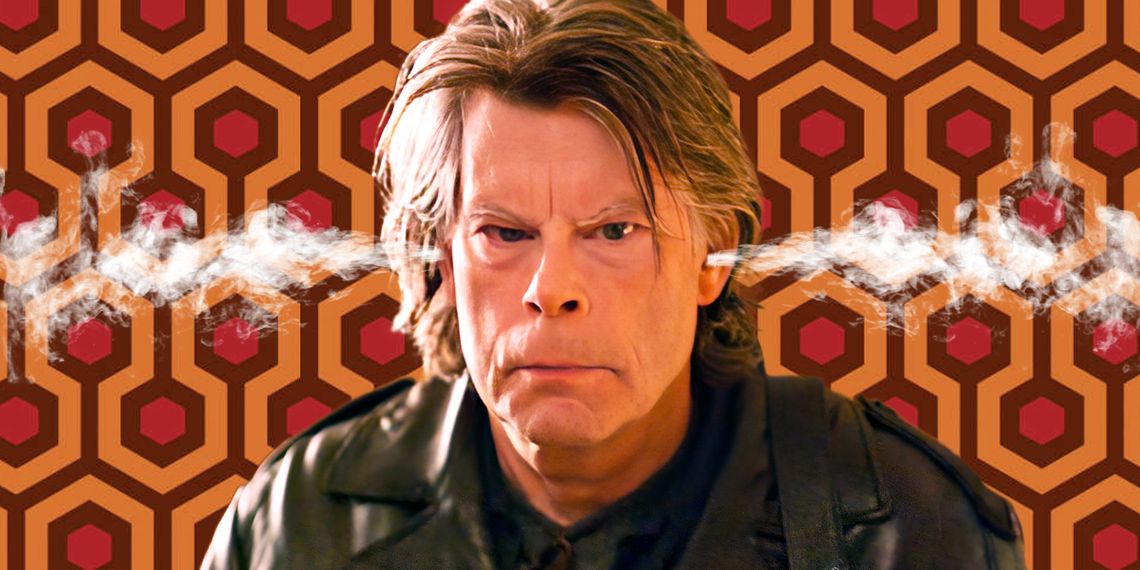
Kubrick’s deviations from the book, the atypical cinematography, and the unorthodox performances by actors like Jack Nicholson and Shelly Duvall have been topics of enduring speculation. The sheer peculiarity in his filmmaking choices left fans and critics alike wandering through a maze of unanswered questions and hidden meanings.
Room 237: Unraveling the Enigma
‘Room 237’, a documentary by Rodney Ascher, dives deep into the mysterious intricacies of ‘The Shining’. Named after the movie’s eerie hotel room, this documentary stitches together diverse theories, seeking to unveil the secrets behind every odd detail of Kubrick’s film. Ascher’s unique approach to documentary storytelling echoes the uncanny atmosphere of ‘The Shining’, making the revelations seem as though whispered by the ghosts of the Overlook Hotel.
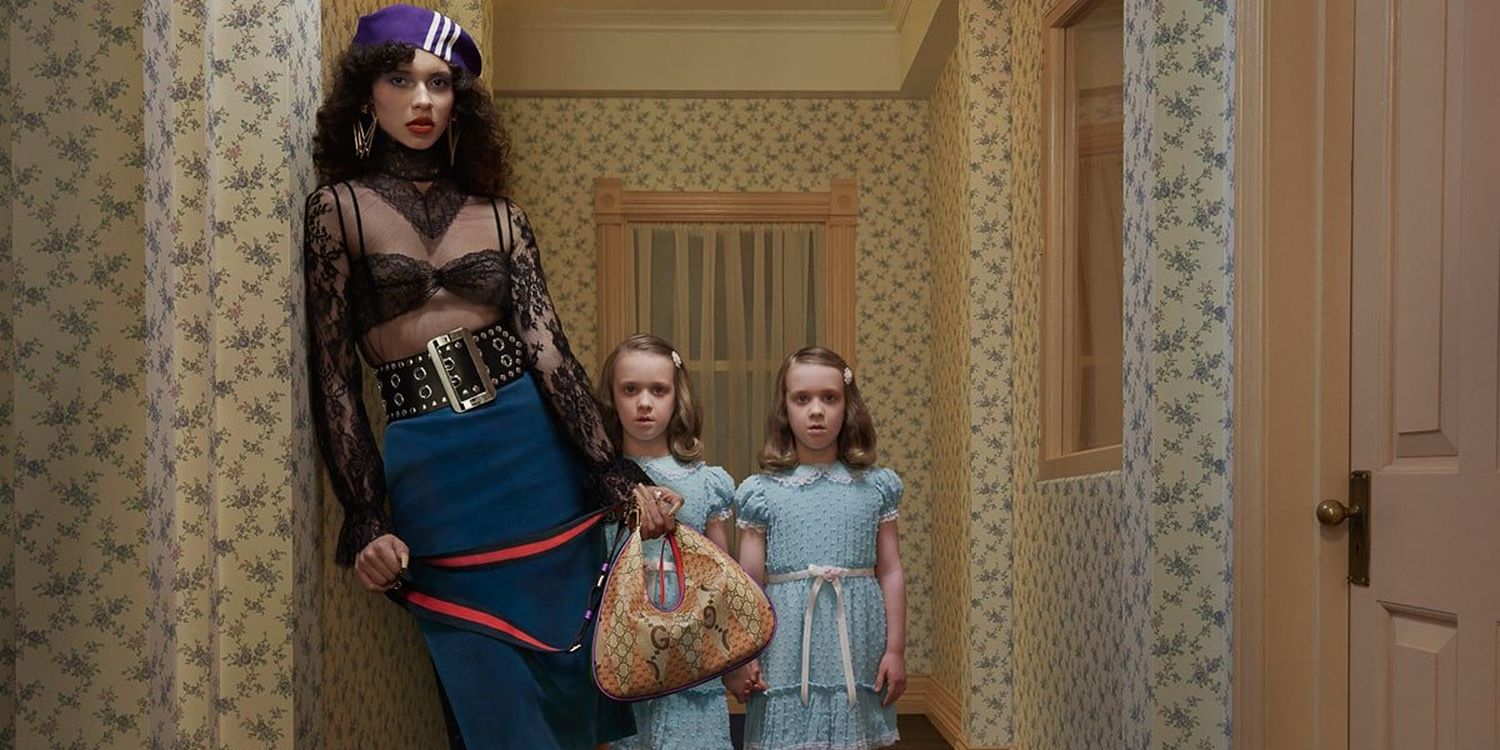
The documentary offers a captivating amalgamation of conspiracy theories, including suggestions of Kubrick’s confession to filming the staged Apollo 11 Moon landing and propositions relating to European transgressions against Native Americans. These theories, while outrageous at times, provide a stimulating exploration of the extensive symbolism inherent in the film, inviting viewers to ponder over the hidden layers of Kubrick’s masterpiece.
Stephen King’s Resentment: ‘Room 237’ & Kubrick’s Vision
Stephen King’s disdain for ‘Room 237’ is palpable. He famously switched off the documentary halfway, dismissing it as mere academic conjecture. King’s frustrations stem from the dramatic alterations Kubrick implemented in his film adaptation, leading King to produce his own adaptation in 1997, a made-for-TV miniseries. Kubrick’s exploration and subsequent deconstruction of his vision of the Torrance story, coupled with ‘Room 237’s’ obsessive dissection of these elements, left King feeling rather sour.
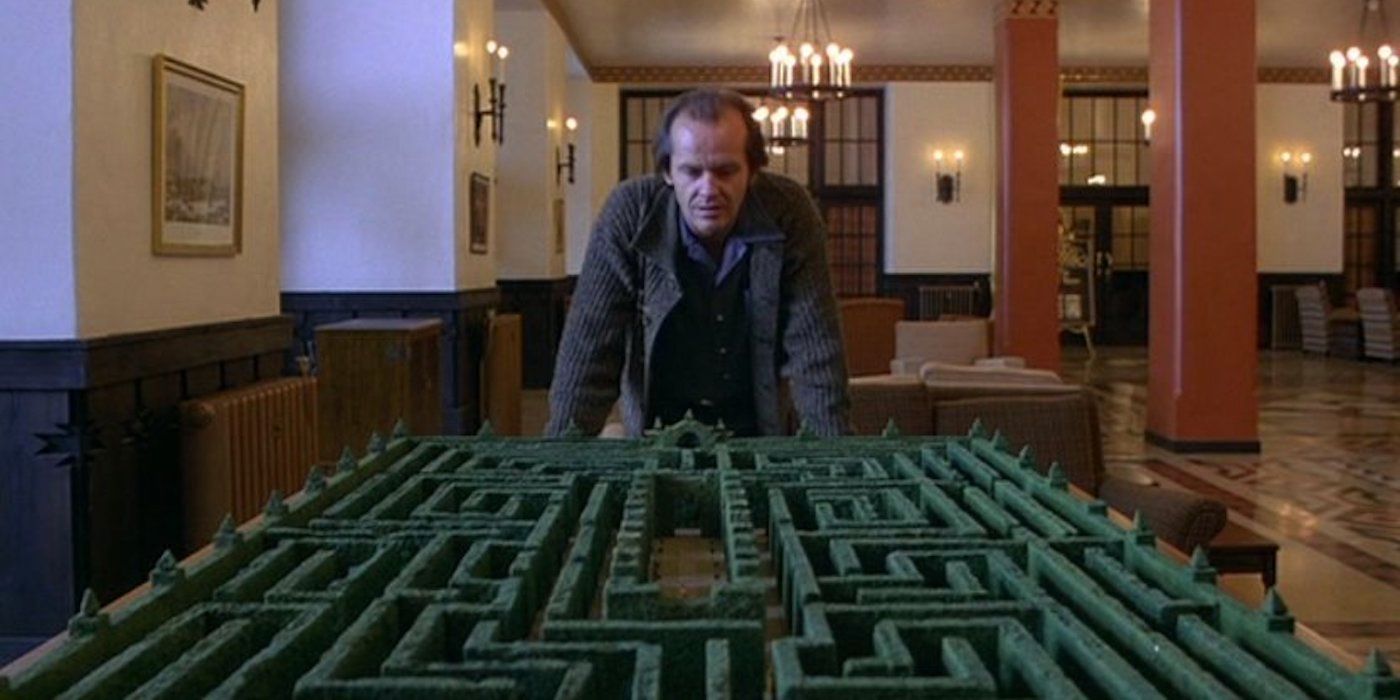
King, in a 2014 interview with Rolling Stone, expressed his impatience and displeasure with the speculative nature of the documentary, criticizing the filmmakers for their over-analytical approach to ‘The Shining’. It seems that ‘Room 237’ only added fuel to the long-burning fire of King’s resentment towards Kubrick’s interpretation of his work.
The Beauty of Ambiguity in Storytelling
Ambiguity is the lifeblood of artistic expression, sparking conversations and allowing for a spectrum of interpretations. Directors like David Lynch and Christopher Nolan have embraced this, refusing to solidify the meanings behind their creations. ‘Room 237’ exemplifies the enthralling nature of speculation, inviting audiences to explore the myriad possibilities embedded in ‘The Shining’.
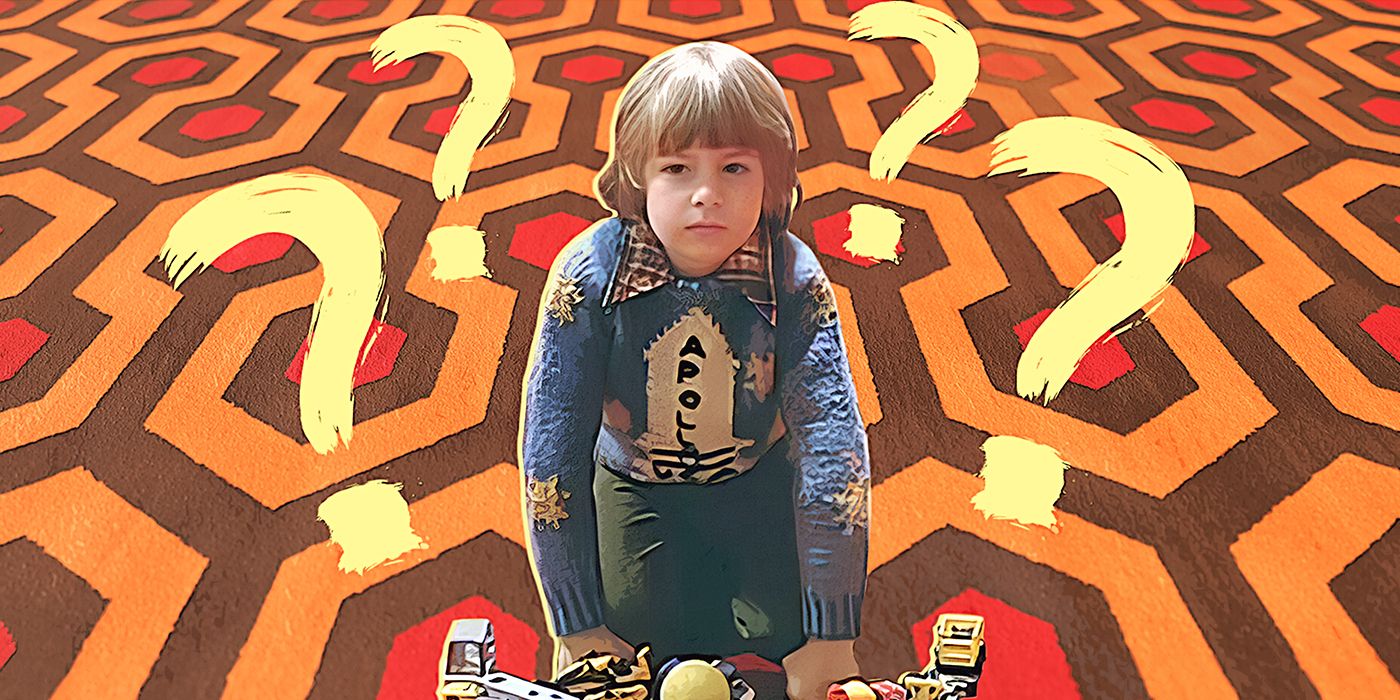
However, it’s essential to approach such speculative journeys with an open mind, not seeking definite answers but relishing in the myriad interpretations and the communal discourse they foster. Assigning fixed meanings to art negates its essence, constraining imagination and dialogue. The enigma of ‘The Shining’, both the book and the movie, lies in its vast interpretative space, allowing and even encouraging the audience to become co-creators in the storytelling process.
Conclusion:
‘Room 237’ is an intriguing exploration of the enigmatic world of ‘The Shining’, although one should venture into its conspiratorial depths with an open and speculative mind. The power of ‘The Shining’ is its enduring ambiguity, a factor that has kept it relevant in popular discourse decades after its release. As we traverse the uncharted territories of Kubrick’s masterpiece, let’s remember to embrace the mysteries, enjoy the discourse, and perhaps keep our revelations away from Stephen King.


